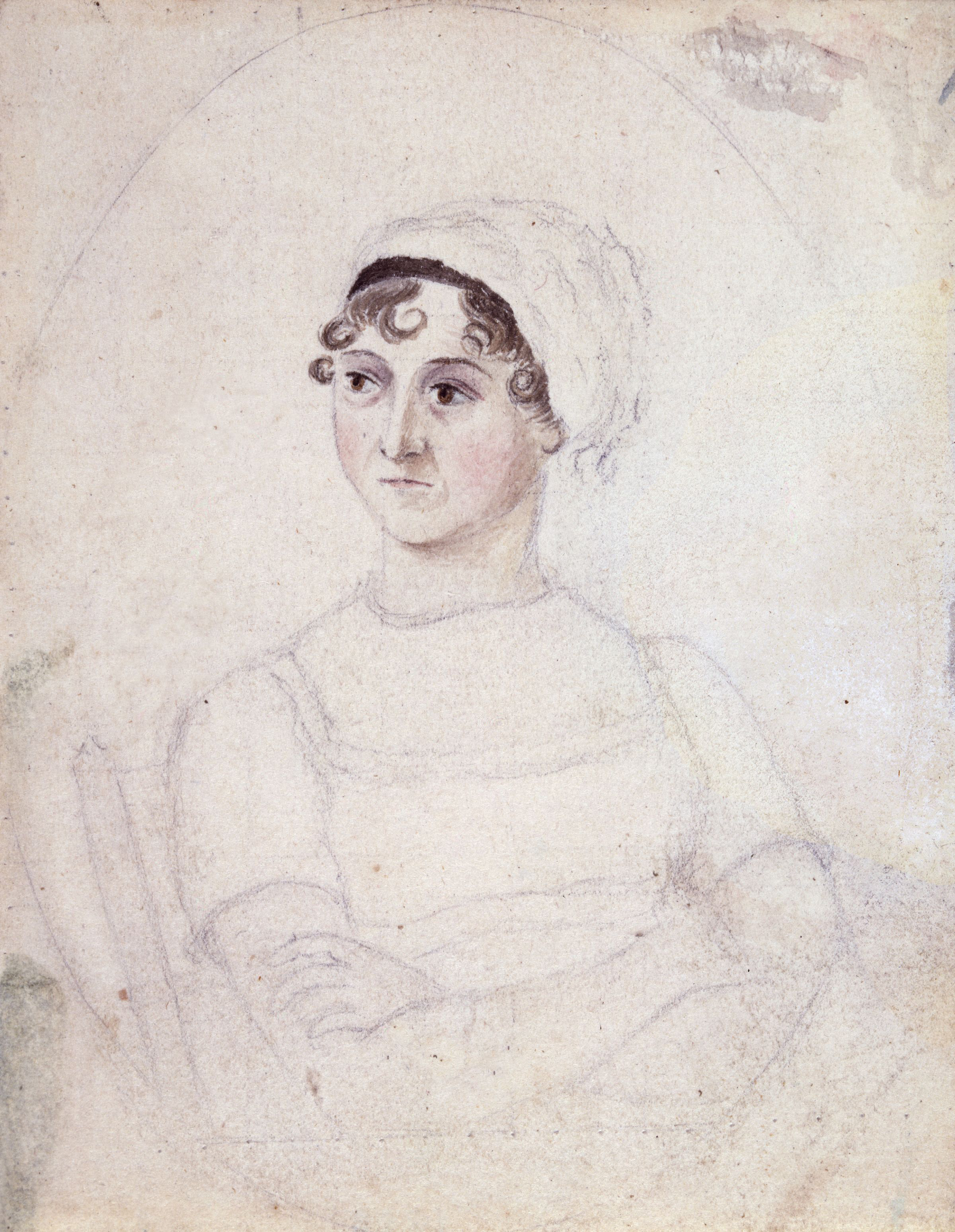Jane Austen citations célèbres
Pride and Prejudice
Jane Austen Citations
“La sagesse est préférable à l'esprit, et sur le long terme, c'est elle qui aura le dernier mot.”
Du fond de mon coeur, lettres à ses nièces
“Les gens sont prompts à emprunter ou à faire des éloges qu'à acheter, ce qui ne me surprend pas.”
Du fond de mon coeur, lettres à ses nièces
Variante: Les gens sont plus prompts à emprunter ou à faire des éloges qu'à acheter, ce qui ne me surprend pas.
Du fond de mon coeur, lettres à ses nièces
“Tout est préférable, tout peut être enduré plutôt qu'un mariage sans affection.”
Du fond de mon coeur, lettres à ses nièces
Jane Austen: Citations en anglais
Letter (1801-05-12) [Letters of Jane Austen -- Brabourne Edition]
Letters
Letter (1799-01-21) [Letters of Jane Austen -- Brabourne Edition]
Letters
'The History of England (1791)
Works, History of England
“I cannot help thinking that it is more natural to have flowers grow out of the head than fruit.”
Letter to Cassandra (1799-06-11) on decorating her hat [Letters of Jane Austen -- Brabourne Edition]
Letters
Letter (1811-04-30) [Letters of Jane Austen -- Brabourne Edition]
Letters
“It was in this reign that Joan of Arc reigned and made such a row among the English.”
'The History of England (1791)
Works, History of England
Virginia Woolf, The Common Reader (1925)
Virginia Woolf, A Room of One's Own (1929), Chapter 4
Thornton Wilder, A preface for Our Town (1938)
Anthony Trollope, Lecture (1870)
Bertrand Russell, in The Conquest of Happiness (1930), Ch. 4: Boredom and excitement
Harriet Martineau, Harriet Martineau's Autobiography, vol. 1 [1855]
William Dean Howells, Criticism and Fiction (1891), Chapter 15
E.M. Forster, Aspects of The Novel (1927)
G. K. Chesterton, The Victorian Age in Literature (1913)
Charlotte Brontë, quote in Original Penguin Classics Introduction to Pride and Prejudice. by Taner, Tony (1972). 80 Strand, London, WC2R, England: Penguin Books, Ltd. ISBN 0-141-43951-3.
The comic part of the character I might be equal to, but not the good, the enthusiastic, the literary. Such a man's conversation must at times be on subjects of science and philosophy, of which I know nothing; or at least be occasionally abundant in quotations and allusions which a woman who, like me, knows only her own mother-tongue, and has read little in that, would be totally without the power of giving. A classical education, or at any rate a very extensive acquaintance with English literature, ancient and modern, appears to me quite indispensable for the person who would do any justice to your clergyman; and I think I may boast myself to be, with all possible vanity, the most unlearned and uninformed female who ever dared to be an authoress.
Letter to Mr. Clarke, librarian to the Prince Regent (1815-12-11) [Letters of Jane Austen -- Brabourne Edition]
Letters
Dignity in the sentiments, dignity in the style. Quite a woman's book — (don't frown, Miss Fytche — I mean it for compliment) — none but a woman & a lady could possess that tact of minute observation, & that delicacy of sarcasm.
Arthur Henry Hallam, letter to fiancé Emily (Emilia) Tennyson (1833-01-25), Jane Austen and her Readers, 1786-1945, by Katie Halsey (Anthem Nineteenth-Century Series)
W. H. Auden, Letter to Lord Byron (1936), lines 113–119
that must do; one cannot pretend to anything better now; thankful to have it continued a few years longer!
Letter (1811-04-30) [Letters of Jane Austen -- Brabourne Edition]
Letters
“…why did we wait for any thing? — why not seize the pleasure at once?”
How often is happiness destroyed by preparation, foolish preparation!
Emma (1815)
Works, Emma
“A large income is the best recipe for happiness I ever heard of.”
Mansfield Park (1814)
Works, Mansfield Park
“The pride of any mother is to give birth to a responsible and successful child.”
Quoted in: Kabir, Hajara Muhammad (2010). Northern women development. [Nigeria]. ISBN 978-978-906-469-4. OCLC 890820657
Works, Pride and Prejudice
